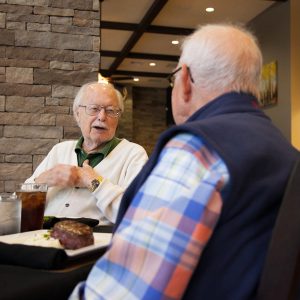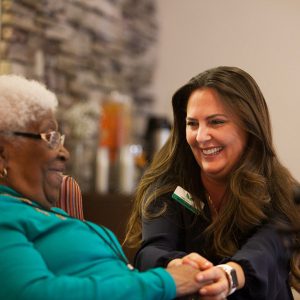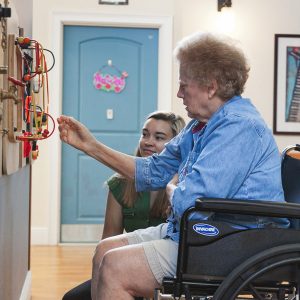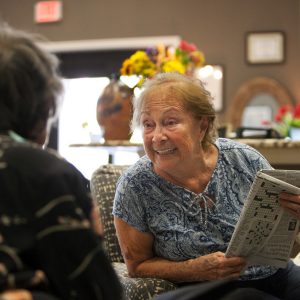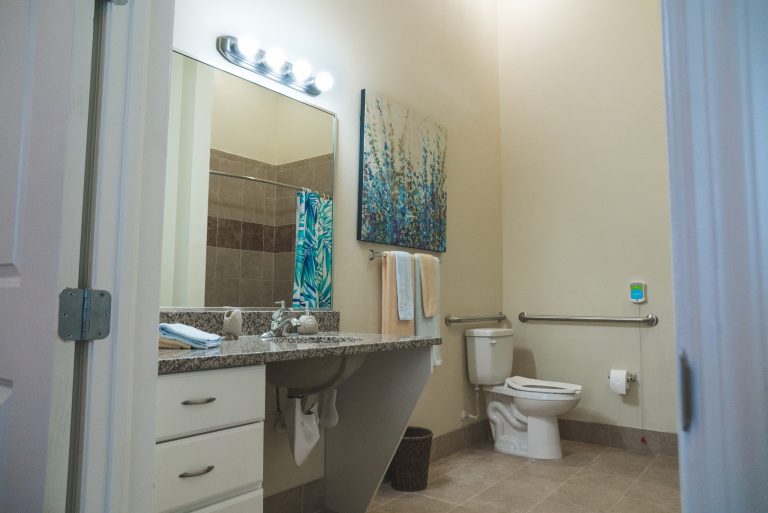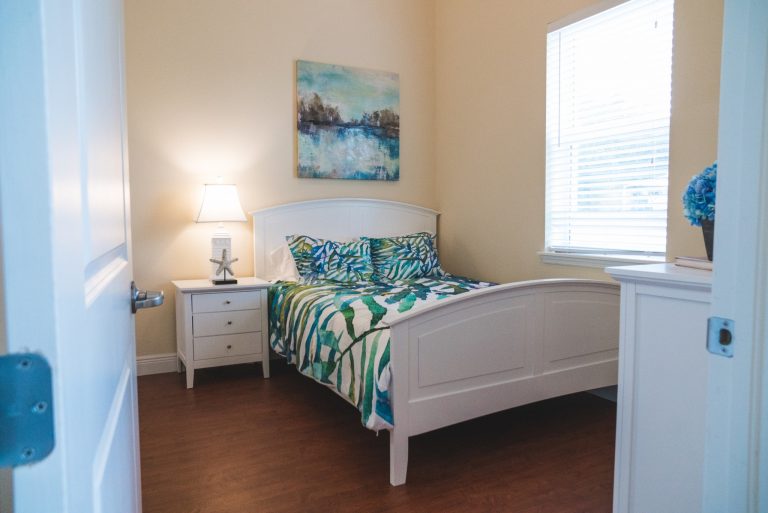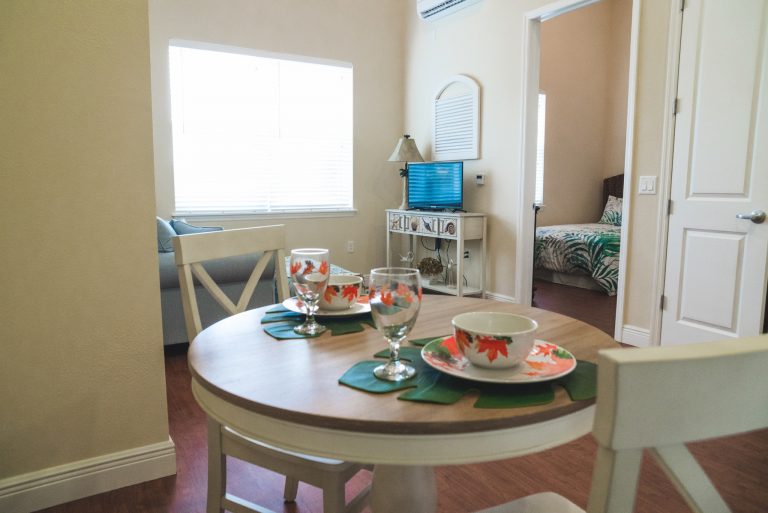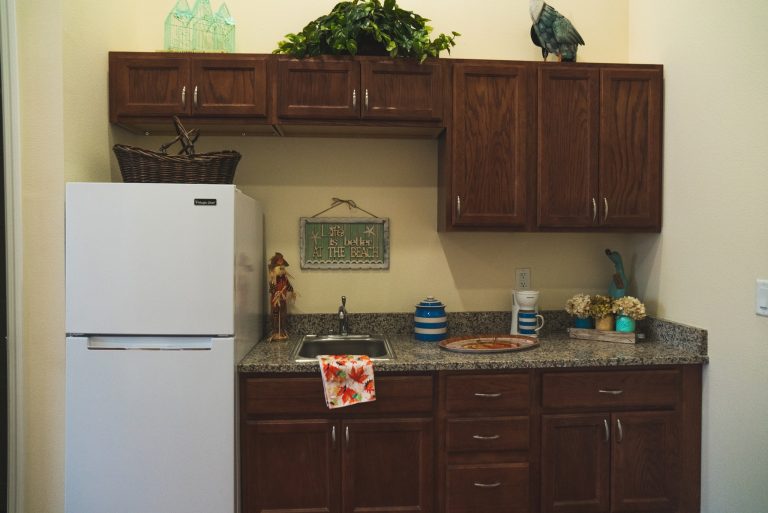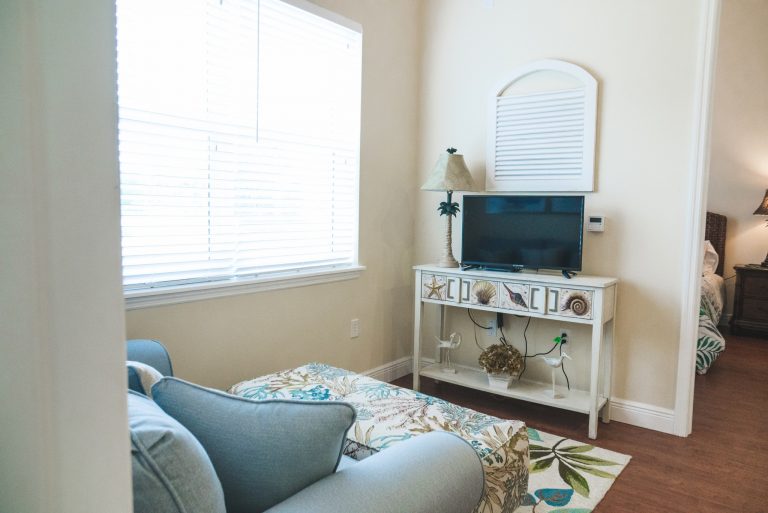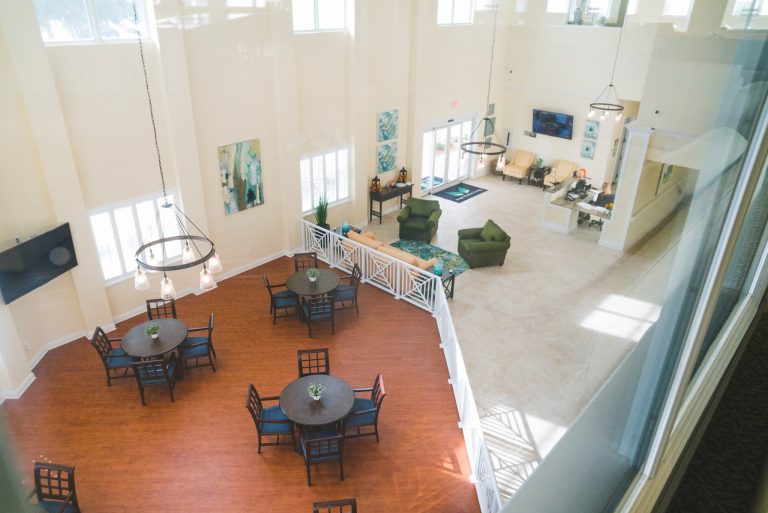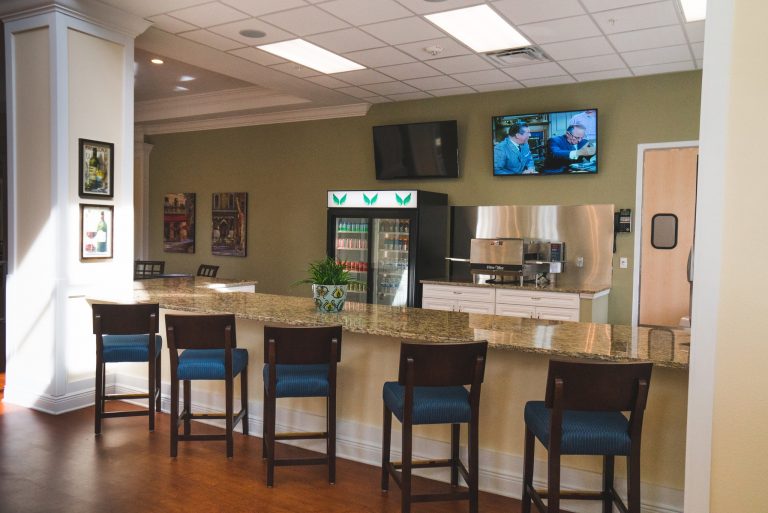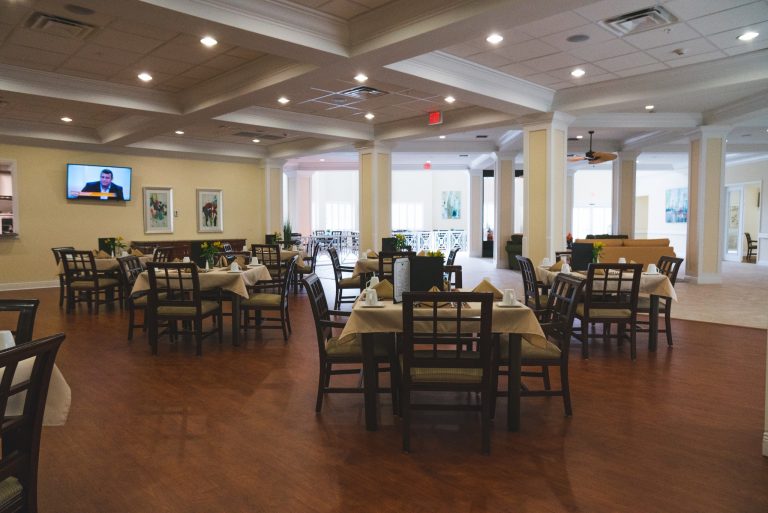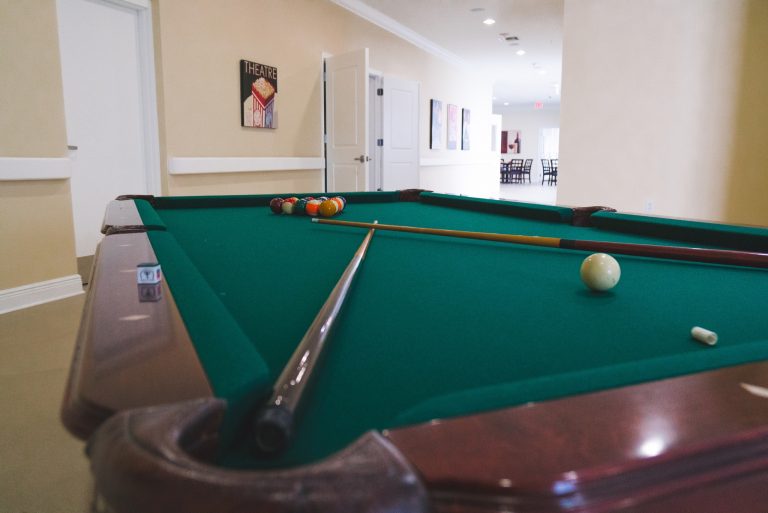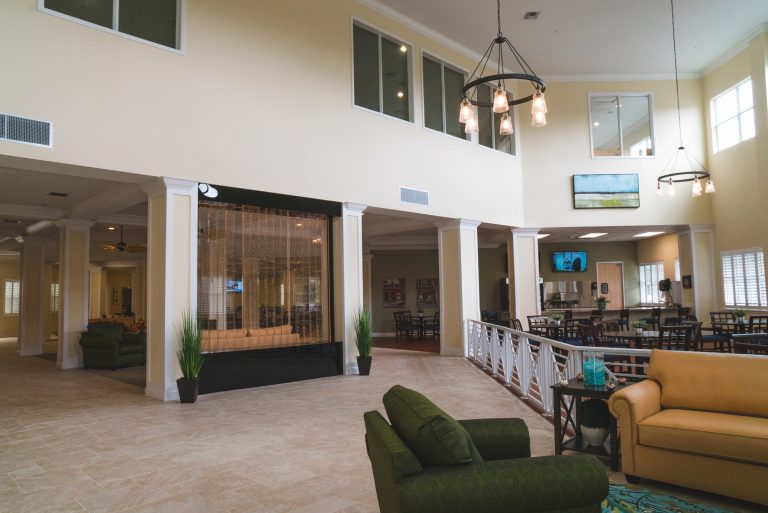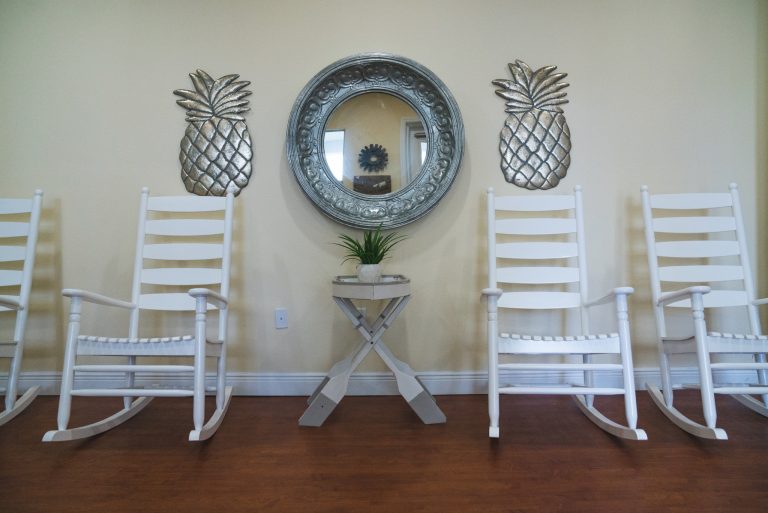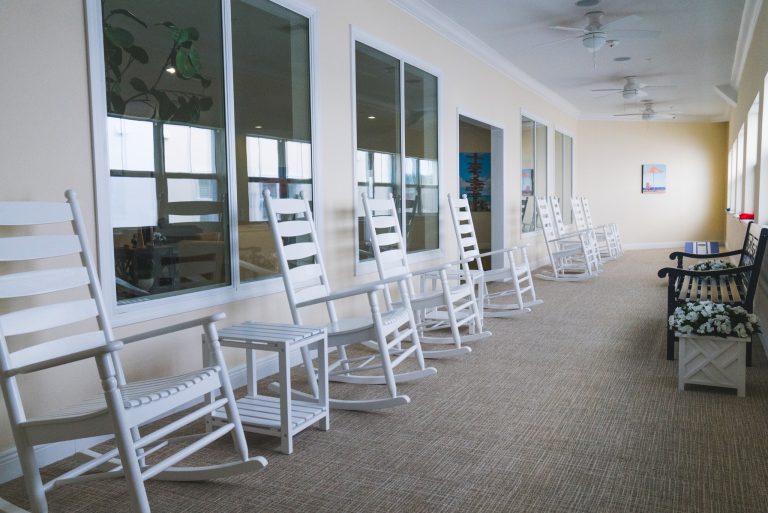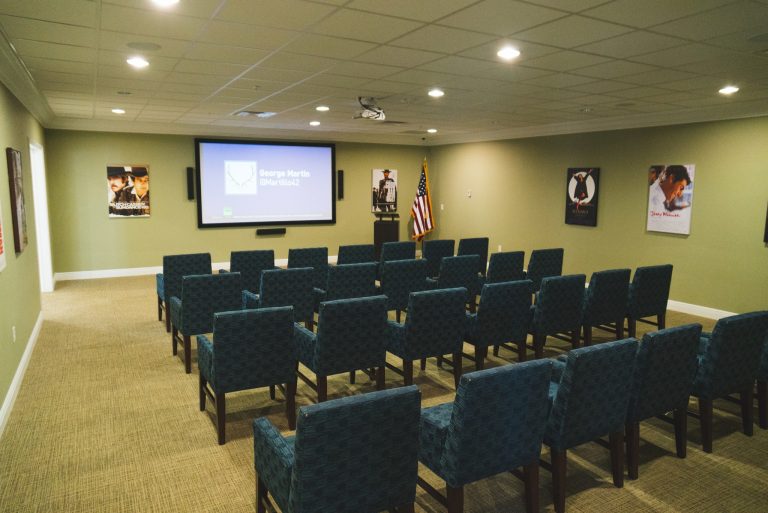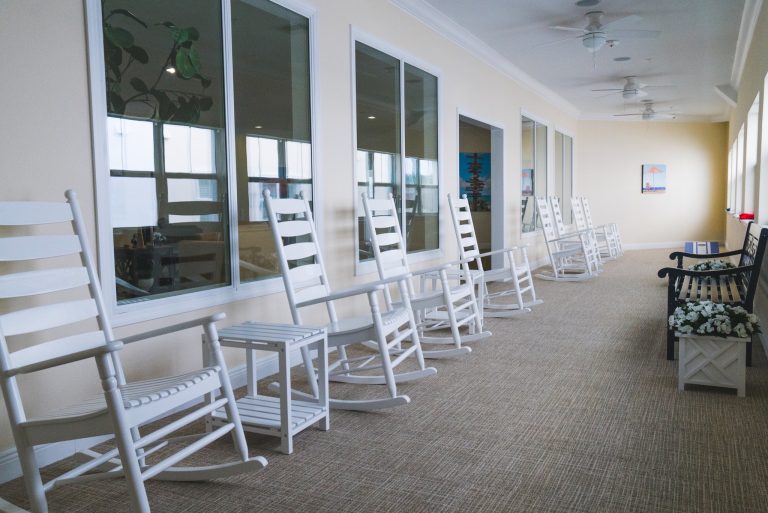Angels Senior Living at Sarasota, opened in late 2018, is the newest addition to the Angels Senior Living Network. This community offers seniors an assisted living experience in a resort-style atmosphere featuring luxury one and two-bedroom suites in three different floor plans. Our Sarasota location also features a secured memory care unit. Memory care covers residents who require specialized treatment due to memory loss usually caused by Alzheimer’s, dementia, or another cognitive disease. Our memory care staff are specially trained to work in our unit and ready to serve you.
Angels Senior Living at Sarasota
5750 S. Honore Avenue, Sarasota, FL 34233
License #:13217

